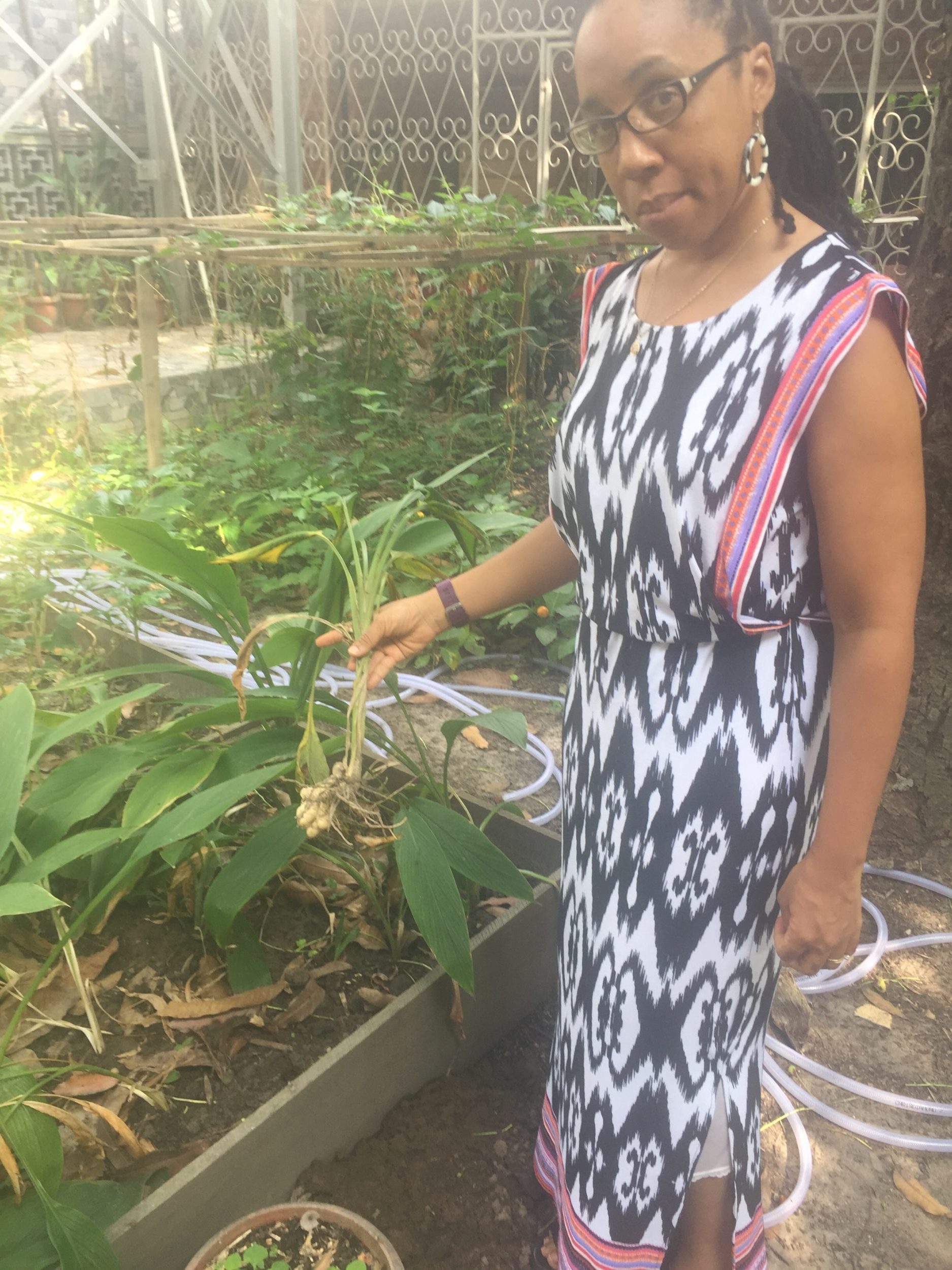Most fitness trainers agree that our diets are holding back our #bodygoals.
We are a nation obsessed with food. We smother each other with it like the French smother each other with kisses. Food and the eating of it even make up some of our everyday expressions. We ‘chop’ and ‘eat’ money while debating who is carving up the ‘national cake’. Jolloffing also recently became a verb. A round wife is still a source of great pride in many families.
While there’s no food like home cooking it’s just not sustainable. Many of our stews and swallows are actually causing us to have diabetes and high cholesterol, while the foreign imports sneaking their way into our homes are high in sugar and chemicals. Things are starting to change with clean eating promoted by inspiring chefs like Kitchen Butterfly and the explosion in juicing, smoothies and specialty teas but it’s going to take conscious effort if you really want to be healthy and control your weight. Much of our food is actually extremely healthy and calorie friendly. If we paid just a bit more attention to what we ate could we still have our cake and eat it?
This week I caught up with nutritionists at Caribhealthng to find out the importance of food
awareness.

Sherese Ijewere has worked as a nutritionist for a number of years in Lagos since relocating from
America. She has her own vegetable garden on the banks of the Lagoon with a view of the
Radisson Hotel. She showed me just a few of the foods she grows which can make a big
difference to your diet.
- Organic Mango Ginger: This unassuming root resolves inflammation and stomach issues, in stews, smoothies. It helps weight loss by speeding up the metabolism.
- Aloe Vera is very good for the skin, and open, scoop and take as a spoonful to cleanse and detox
the body and excellent for moving the bowels, “It is a natural laxative.” - Okra: if you have currently have tummy troubles, it can be digested very easily, makes you feel full
and you can eat it raw as a salad. “It doesn’t become slimy until you add hea,” Sherese says. “It
can be eaten with your stew. It’s high in Vitamin E and antioxidants, minerals and micronutrients, like zinc, Selenium, Manganese etc.” Okra stew it is then!




